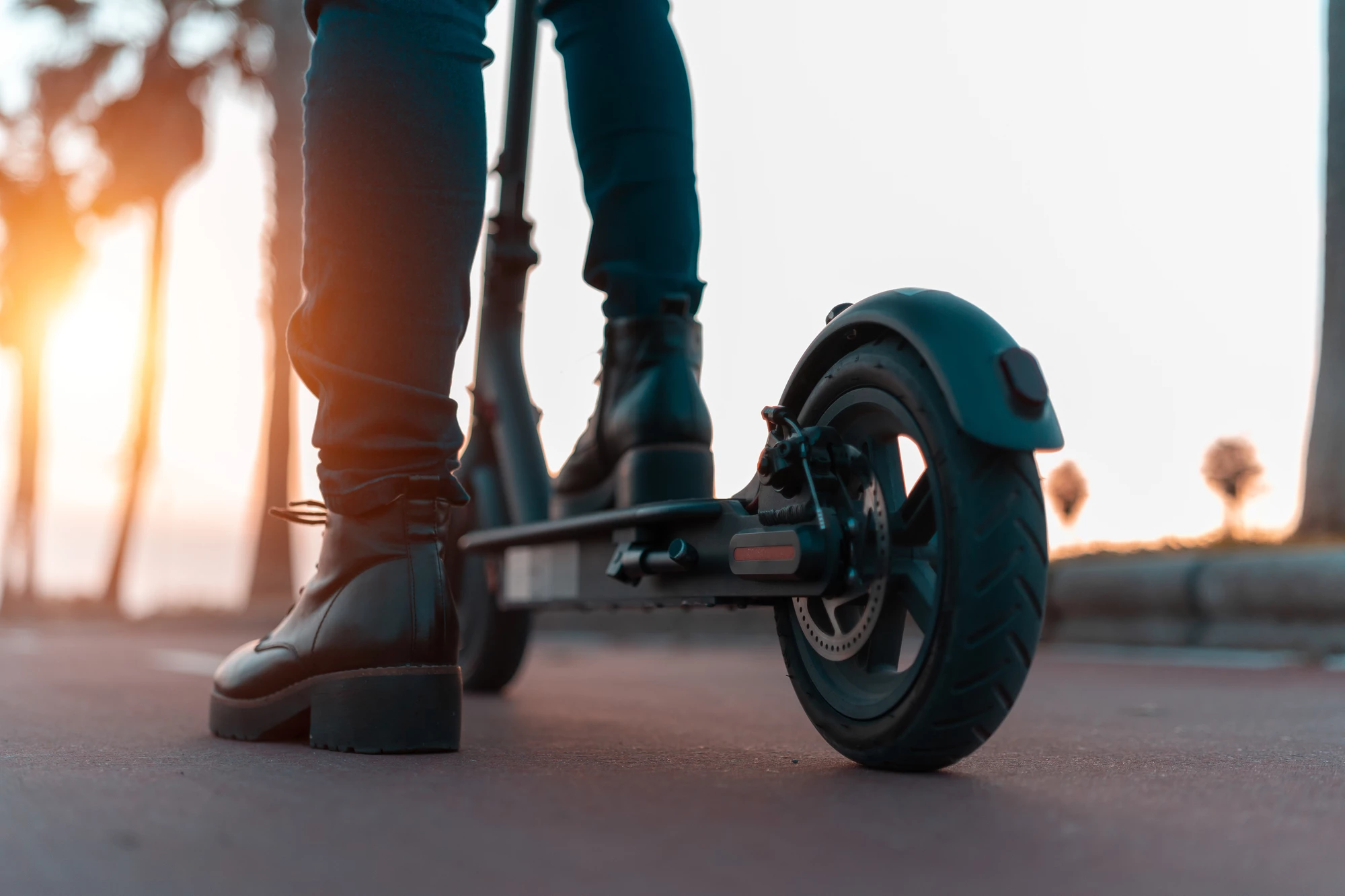Their appeal as a last-mile transport solution in urban areas has seen a huge uptake of e-scooters in cities around the world, driven by the simplicity of dock-free, smartphone-based schemes that make hopping on and off a breeze. But this convenience does come at a cost to public health, with research beginning to illustrate a corresponding rise in hospital admissions. One study suggests they cause more injuries than bicycles, cars and even motorcycles.
“There are millions of riders now using these scooters, so it’s more important than ever to understand their impact on public health,” said Dr. Joann Elmore, a professor of medicine at the University of California, Los Angeles (UCLA).
Elmore is part of a research team investigating these impacts. In 2019, she was senior author on a first-of-a-kind study detailing the types of injuries caused by e-scooters, showing that they commonly cause fractures and head injuries requiring treatment in an emergency department. And other studies since have continued to highlight the dangers of this fledgling mode of transportation.
One 2020 study published in JAMA Surgery found the incidence of annual e-scooter injuries in the US climbed from 4,582 in 2014, before the emergence of ride-share scooter companies, to 14,651 in 2018, when they had become far more commonplace. Nearly a third of those were head injuries – more than double the rate endured by cyclists – with annual hospital admissions rising from 313 to 1,374 across the same period.
A 2021 paper titled "Electric Scooter-Related Injuries: A New Epidemic in Orthopedics," found that of 397 patients presenting to an emergency room over a 12-month period, only 19 were wearing helmets at the time of their accident. Twenty-five percent of the cases required surgery. Another systematic review published in 2021 estimated that every 100,000 trips resulted in 20 to 25 emergency department visits.
It makes sense that the more people use e-scooters the more accidents there will be, and sometimes that will result in severe injuries. But how do the risks of e-scooters compare to other forms of transport? A new study by Elmore and the UCLA team has explored this question by looking at 1,354 people injured in e-scooter accidents between 2014 and 2020 that required outpatient treatment in greater Los Angeles. That figure included pedestrians being hit by the scooters or tripping over them on sidewalks.
The observed vehicle-miles-traveled-based e-scooter injury rate was approximately 175 to 200 times higher than statewide or county specific injury rates for motor vehicle travel
This data was combined with municipal data on e-scooter use to calculate the incidence of injuries among users, which the authors estimated to be 115 for every million trips. Going by national injury rates, the authors note this compares to eight injuries per million car trips, 15 injuries per million bicycle trips and 104 injuries per million motorcycle trips.
“The finding that rates of injuries from e-scooters are similar to rates for motorcycle injuries is startling," said Elmore. “The ease of public access to on-demand shareable scooters and safety regulations that are still in their infancy suggest that e-scooter operators, cities and health care providers will continue to see a significant number of injuries each year.”
The findings are consistent with another study published last year comparing the safety of e-scooters to motor vehicles, focusing on injured riders presenting to emergency departments in the state of Texas throughout 2018. It calculated an injury rate of 180 per million miles traveled, compared to the injury rate for motor vehicles in Texas at 0.9 per million miles traveled. "The observed vehicle-miles-traveled-based e-scooter injury rate was approximately 175 to 200 times higher than statewide or county specific injury rates for motor vehicle travel," the authors concluded.
Of course not all injuries are created equal. While e-scooters can certainly cause serious injury (the UCLA study involved 21 patients sent to critical care and two dying from their injuries) they don't travel nearly as quickly as motorcycles. The scientists were unable to make any conclusions about the comparative severity, but because because the study only included data from UCLA-associated health clinics and didn't involve patients treated at other facilities, they believe their figures regarding injury rates to be an underestimate.
“It is important to note that e-scooter injuries may be less severe and less fatal than motorcycle injuries, but we still think our e-scooter injury rate is an underestimate,” said the study’s first author, Dr. Kimon Ioannides.
The research was published in the journal PLOS One.
Source: UCLA




